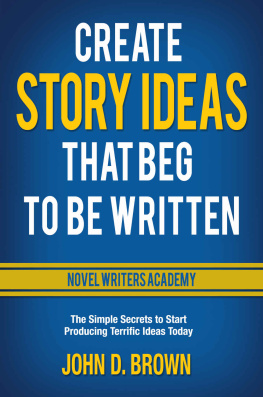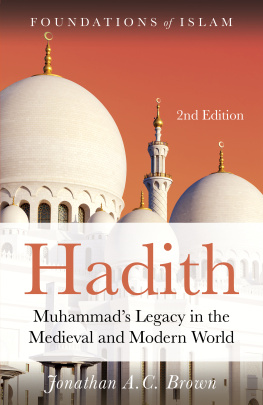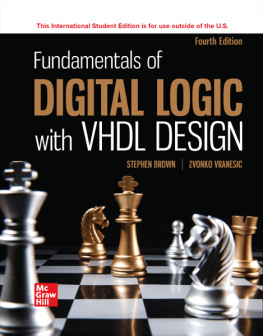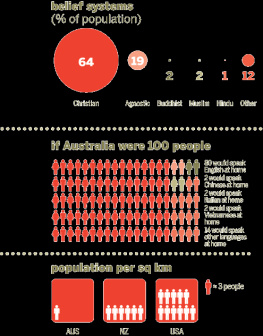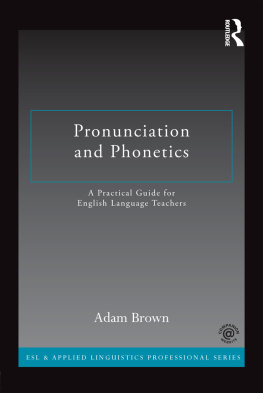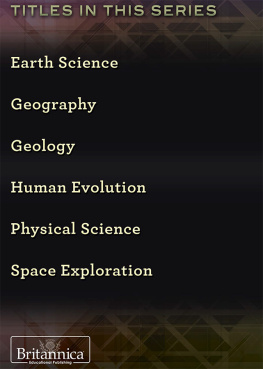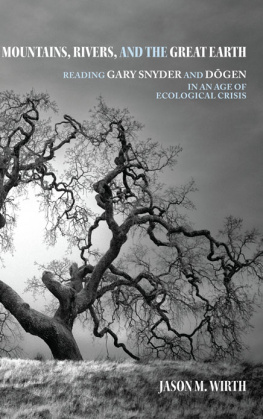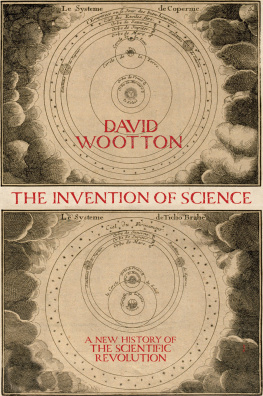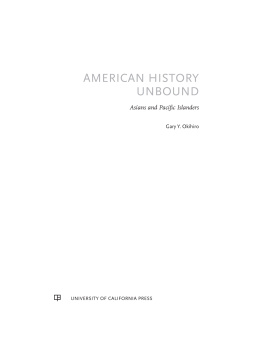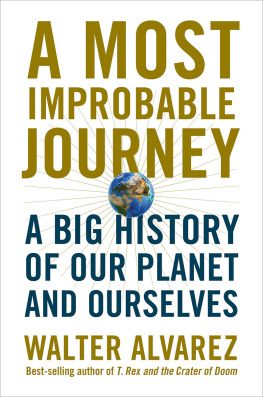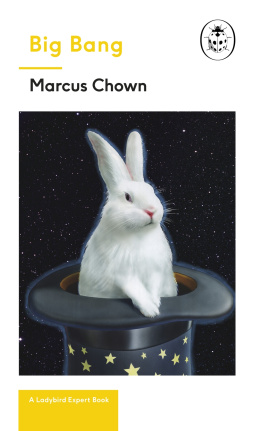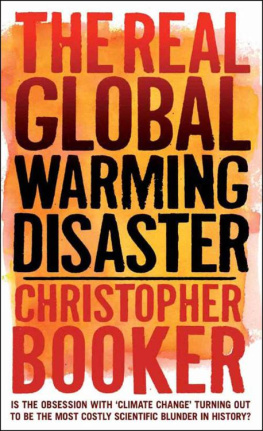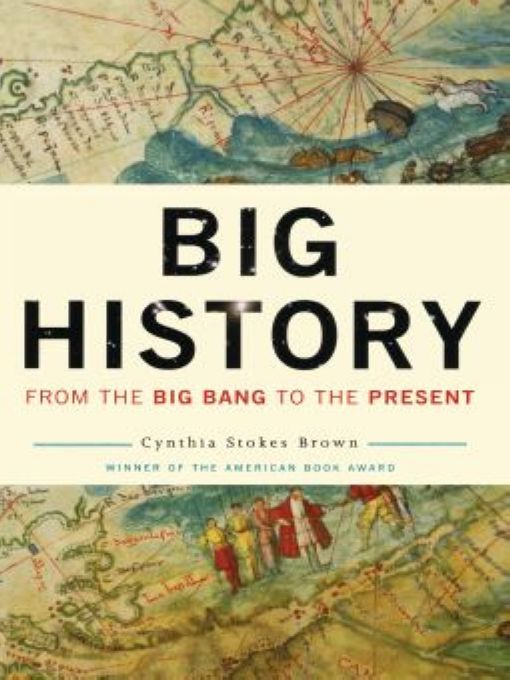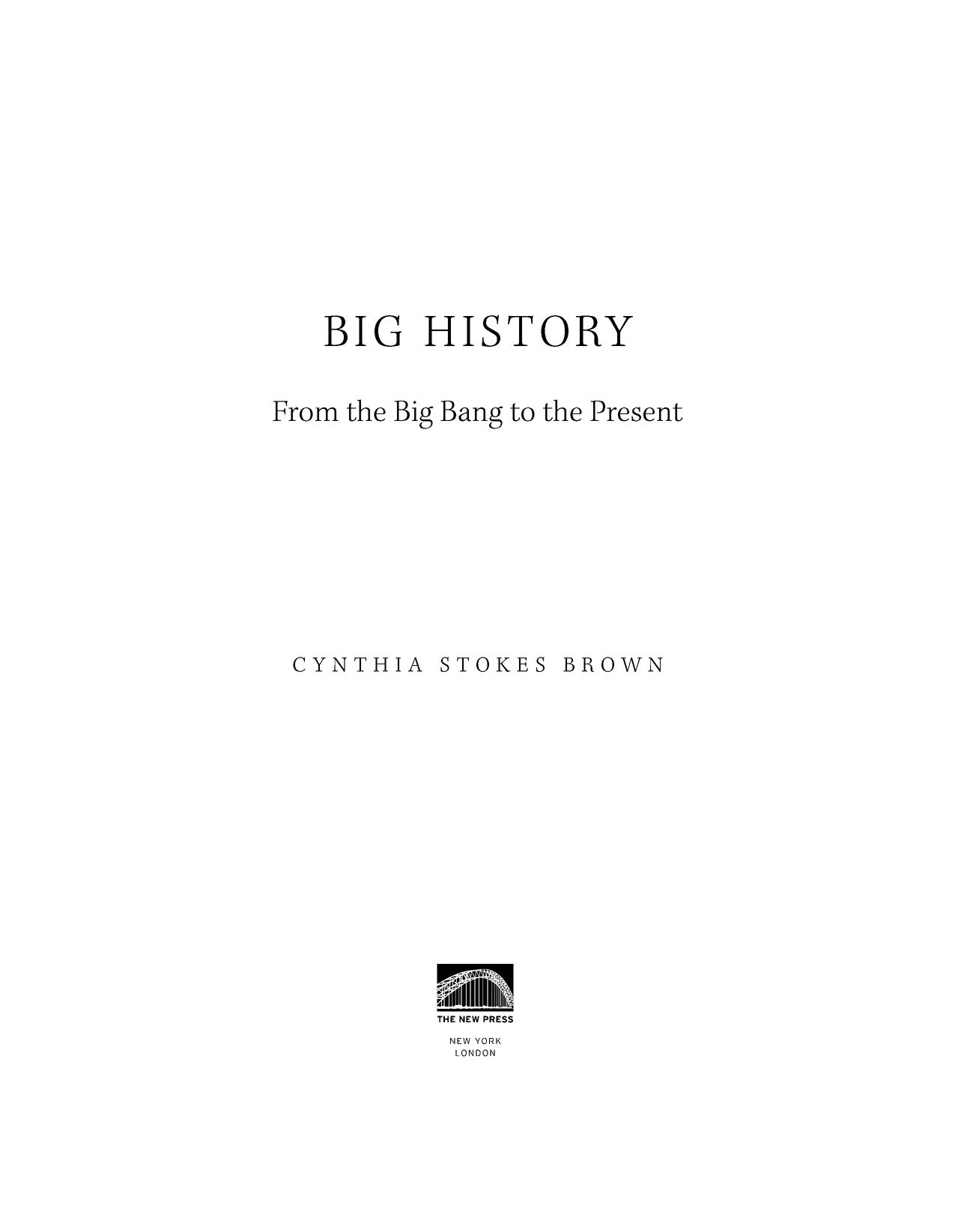Table of Contents
Recognizing that the international community is on the horns of a dilemma [the environmental impact of spectacular economic growth since 1945 ], world historians must look beyond development for an organizing principle. The new narrative of world history must have ecological process as its major theme. It must keep human events within the context of where they really happen, and that is the ecosystem of the earth. The story of world history, if it is to be balanced and accurate, will inevitably consider the natural environment and the myriad ways in which it has both affected and been affected by human activities.
J. Donald Hughes, ed. The Face of the Earth:
Environment and World History
Preface and Acknowledgments
Big History presents the scientific creation story, from the big bang to the present, told in succinct, understandable language. In this book I have woven many disciplines of human knowledge together into a single, seamless narrative.
History as a discipline traditionally begins with written records from about 5,500 years ago. Here I have extended history to the limits of what is currently knowable by scientific methods, using whatever data and evidence are available, and not limited to written documents. History is part of the scientific undertaking, and there is no sound reason why the uncovered story should be cut into two segments, one labeled science and the other history.
We need to extend our story backward, for the five thousand years of recorded history tells only a millionth of the lifetime of Earth. To understand the kind of world we live in and the kind of creature we are, we must look beyond the written record.
Nor, do I believe, is there any sound reason to label one part religion and the other science. Within the last fifty years the scientific community has established a verifiable, and largely verified, account of the origins of our universeof where we came from, how we got here, and where we may be going. This is a creation story for our timefor a world built on the discoveries of modern science, a world of jet travel, heart transplants, and the worldwide Internet. This world will not last forever, but while it does, this is our story.
We are now able to think in scientific terms about the timescales of the universe we are part ofits beginning, middle, and endand thus with current thinking we are able to put the story of our planet into its larger context. The power of our thinking and imagination has led us onto a scale that brings cold comfort to many. For many others, myself included, our significance as humans increases rather than decreases against the scale of the universe. I try to report the facts as they are known now, without attempting to discuss or resolve our contrary human responses to them, well aware that the facts are ever changing.
What, you may well ask, is my overall approach in telling this tale? A story must be told with some plot, some theme. Every author who writes a big history does so with some unique emphasis, some unique voice.
I try to stick to the information and theories well-accepted in the scientific community, staying as unopinionated as is humanly possible. I am telling a story, not making an argument. As a historian, I give more space to human history than a geologist or biologist might. I strive to keep the story as simple as possible, without violating too much the unending complexity and contradictions of history. I put in lots of what I consider most basic: climate, food, sex, trade, religion, other ideas, and empires/cultures.
Some subtle emphasis, of course, has to recur to keep any story from dissolving into a muddle. In this book, that underlying theme is the impact of human activities on the planet, as well as the planets impact on people. When I combined the story of the planet and the people on it, I found that the actions people have taken to keep our offspring increasing have put the planetary environment and its life-forms in grave jeopardy. Summed up in one phrase, this story portrays the increase of people rather than the ascent of man.
This theme emerged as I wrote the story rather than the other way around. Clearly, my mind was involved in the telling, so perhaps it is more accurate to say that this theme is what I noticed recurring as I tried to tell the entire human story as compactly as I could without truncating it to begin with farming. Only the longer time frames reveal what humans have wrought; I was partially, but not fully, aware of it until my story was told.
The person who most spurred me to put the whole story together is David Christian, now professor of history at San Diego State University in California. From 1975 to 2000 Christian taught Russian and European history at Macquarie University in Sydney, Australia. In 1989 he launched a course there that he called, in jest, big history, as a way to show colleagues what he thought an introductory course in history ought to look like. The semester-long course started from the beginningthat is, from the origin of our universe. Christian began with lectures on time and creation myths, followed by colleagues invited from other departments lecturing on their specialties. In an article in the Journal of World History, Christian described his experience with this course. Reading that article turned my thinking in a new direction. Big history has become the current term designating this endeavor, and in 2004 Christian published his majestic overview of the story and the technical issues involved in big history: Maps of Time: An Introduction to Big History, which I resisted reading until I had finished my first draft of this book.
An earlier pioneer in big history, before it had a name, was Clive Ponting, at University College in Swansea, England. His account, which I cherish, is The Green History of the World: The Environment and the Collapse of Civilizations. Ponting did not start with the big bang, but he did devote a chapter to The Foundations of History, in which he described the influences of large-scale geologic and astronomical forces over long periods of time.
Because I had to laugh a lot to get started on this project, I treasure two other early big histories: Larry Gonick, The Cartoon History of the Universe: From the Big Bang to Alexander the Great and Eric Schulman, A Briefer History of Time: From the Big Bang to the Big Mac.
Big history, defined as history from the big bang to now, is still a tiny subfield of the history subspecialty of world history, which itself has had its own journal only since spring 1990. Big history has no journal yet and only a handful of practitioners worldwide who actually teach overt big history courses at universities. Other professors may be tacking on universe and planetary history as an introduction to world history or to world religions. How have I, as one of these early practitioners of big history, been able to get around the academic obstacles and disciplines to teach it and to write this book?
To answer, I must begin with my mother, Louise Bast Stokes, who set me on my course by her wide-ranging intellectual interests: astronomy through geology and biology to world religions. As a middle-school biology teacher in the early 1930s, she accepted evolution as the underlying principle of life and pointed out the living world around me through this lens. Thus, big history is a natural way of thinking for me, a gift from my mother.


